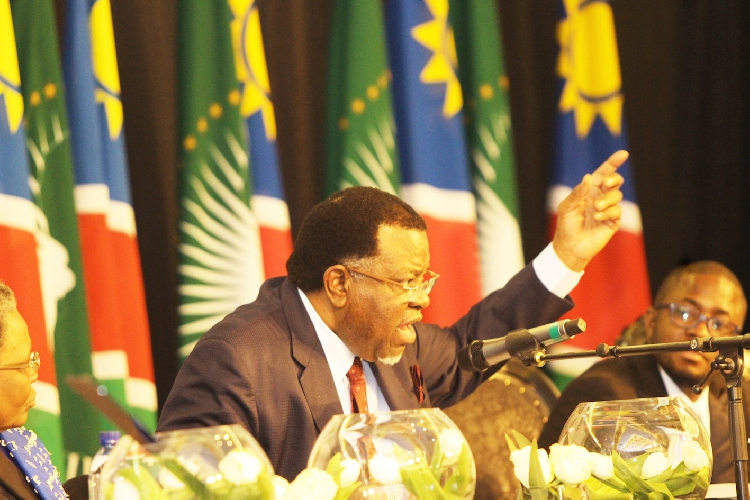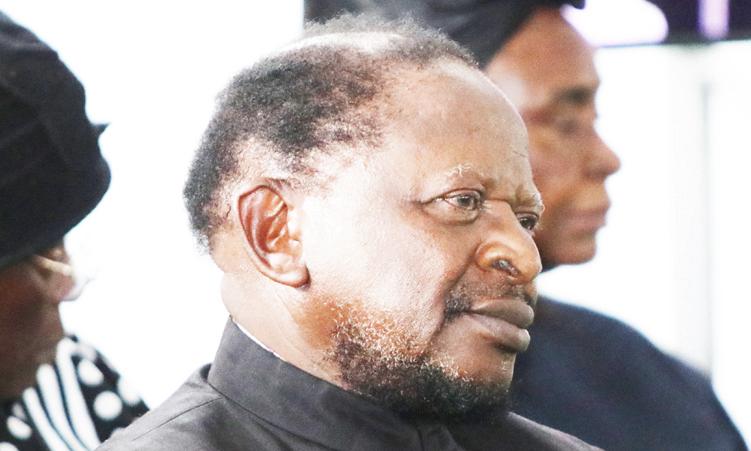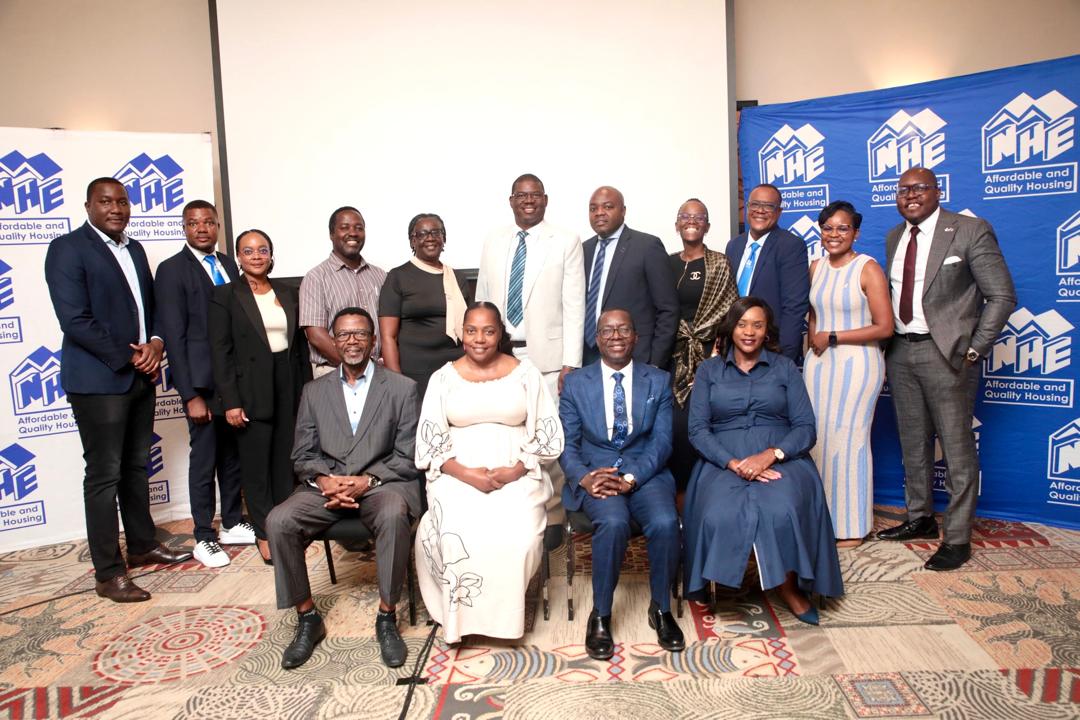NAMIBIA will soon abolish visa requirements for Africans, President Hage Geingob said yesterday during the official opening of the Foreign Policy Review conference.
Namibia and other African states have long considered the possibility of a common continental passport by 2018 as part of the African Union’s Agenda 2063.
Geingob yesterday reiterated that as the first step in always welcoming its African brothers and sisters, the country recently abolished visa requirements into Namibia for diplomatic and official African passport holders.
“We are committed to extending this privilege to all African passport holders by initially issuing visas on arrival, and eventually abolishing visa requirements,” he stated.
He said the country’s policy on international relations and cooperation should, therefore, be embedded in the doctrine of pan Africanism as espoused by some of the leading pan-Africanist philosophers like Sylvester Williams, Kwame Nkrumah, Patrice Lumumba, Julius Nyerere and Founding President Sam Nujoma.
“Our policy on international relations and cooperation should also take into consideration what I refer to as the new Africa. This is an Africa where coups d’état are no longer tolerated, where leaders retire in dignity, and an Africa that reflects its true narrative.
In essence, the new Africa is the Africa we want, as espoused in Agenda 2063 of the African Union,” he said.
The President also condemned the recent coup attempt in Turkey, saying it goes against the grain of electoral democratic norms and practices.
“As Africans, it is important that we remain intellectually honest about our challenges, while resisting the temptation of persistent Afro-pessisism,” he added.
During the official opening yesterday, minister of international relations Netumbo Nandi-Ndaitwah said the Foreign Policy Review is an acceptable mechanism to enable the country to assess its achievements, and address emerging issues.
She said some of the goals in the White Paper of the country’s foreign policy have been achieved, such as Namibia being classified by the World Bank as an upper-middle income country, although the classification has brought some serious challenges in accessing soft loans which are essential for the country’s development.
“The White Paper also stresses poverty eradication as a top priority among government priorities. While that was true in 2004, today under the Harambee Prosperity Plan, the call is to eradicate poverty. Hence, the need for a new strategy,” she stated.
She said through the country’s foreign policy, her ministry strives to promote economic prosperity, peace, stability, security and the welfare of Namibian citizens abroad.
The conference brings together key stakeholders to review Namibia’s foreign policy in realignment with current national priorities and programmes which are aimed at eradicating poverty in the country.
Stay informed with The Namibian – your source for credible journalism. Get in-depth reporting and opinions for
only N$85 a month. Invest in journalism, invest in democracy –
Subscribe Now!










